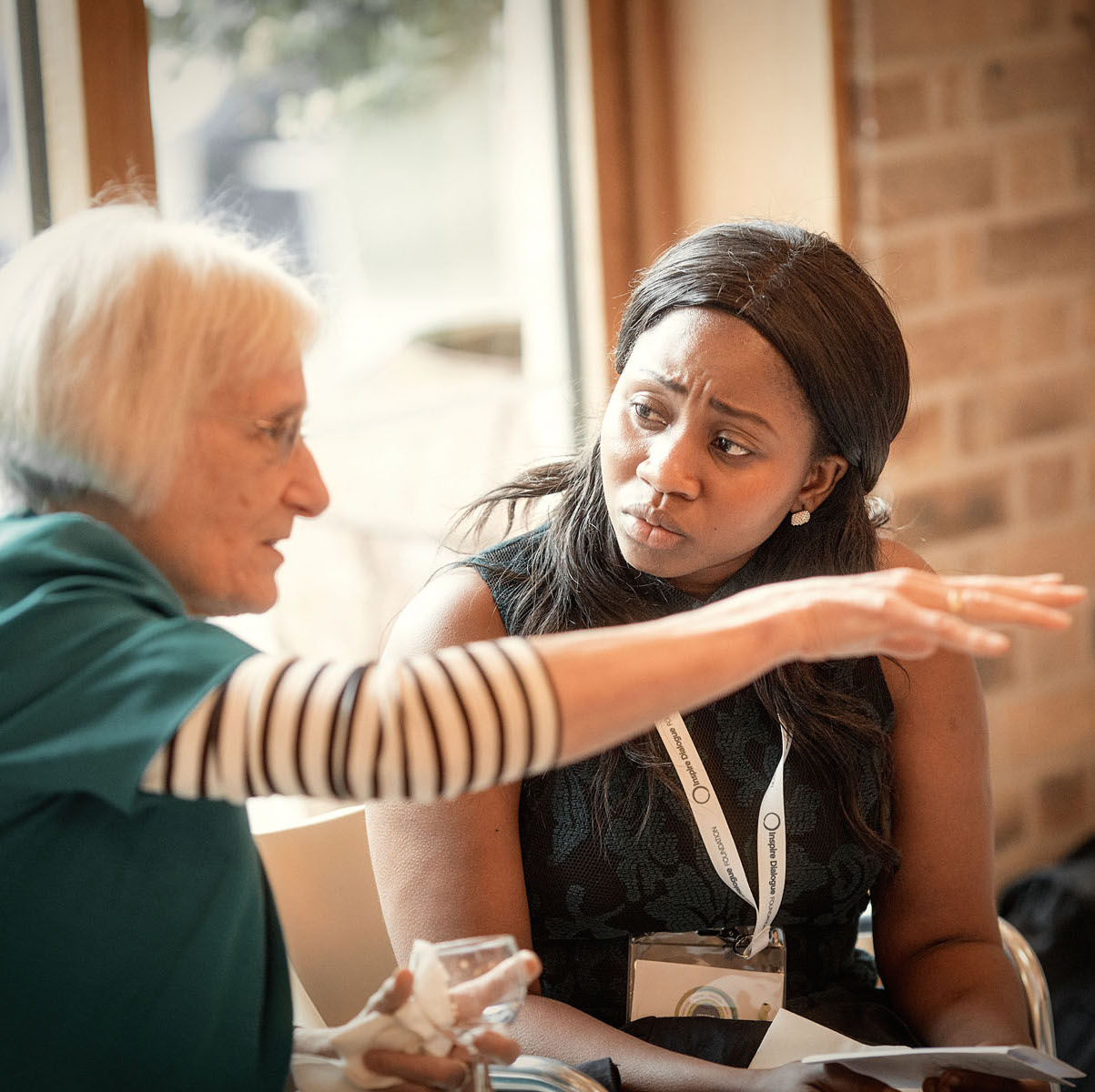Understanding Strangers
Jane Clark reports on Inspire Dialogue 2016
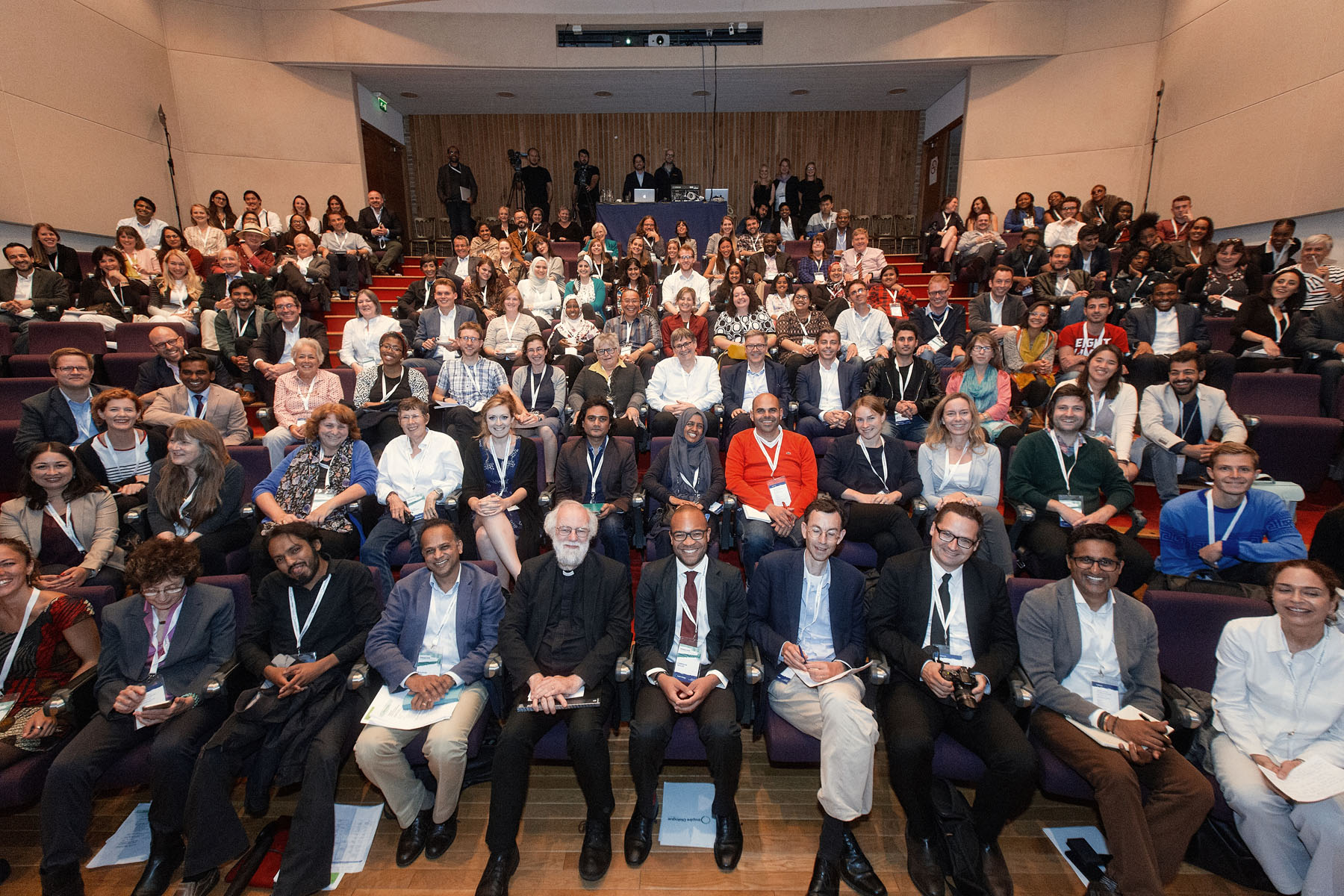

UNDERSTANDING STRANGERS
Jane Clark reports on Inspire Dialogue 2016
“There is no other alternative to solve problems other than talks. This should be the century of dialogue to attain peace…”
– His Holiness The Dalai Lama, 2015
These words encapsulate perfectly the motivation which underlies this far-sighted project, which in September brought together an extraordinarily diverse group of people from all walks of life, cultures and generations – the youngest delegate was just nine years old! – for a day of conversation and interaction in the beautiful setting of Magdalene College, Cambridge.
This was the second such event. The first took place last September when Lord Rowan Williams invited the Dalai Lama and 150 others to gather for a dialogue on the theme of ‘Universal Responsibility’ (video) – a theme close to the Dalai Lama’s heart. The energy and the excitement that was generated by that conversation inspired the setting up of a permanent organisation, The Inspire Dialogue Foundation to continue the experiment. This year’s theme – ‘Understanding Strangers’ – grew naturally from last year’s conversation, where interdependence and the fact, as the organiser Cameron Taylor put it, that “We are essentially a human family whether we recognise it or not”, emerged as guiding principles.
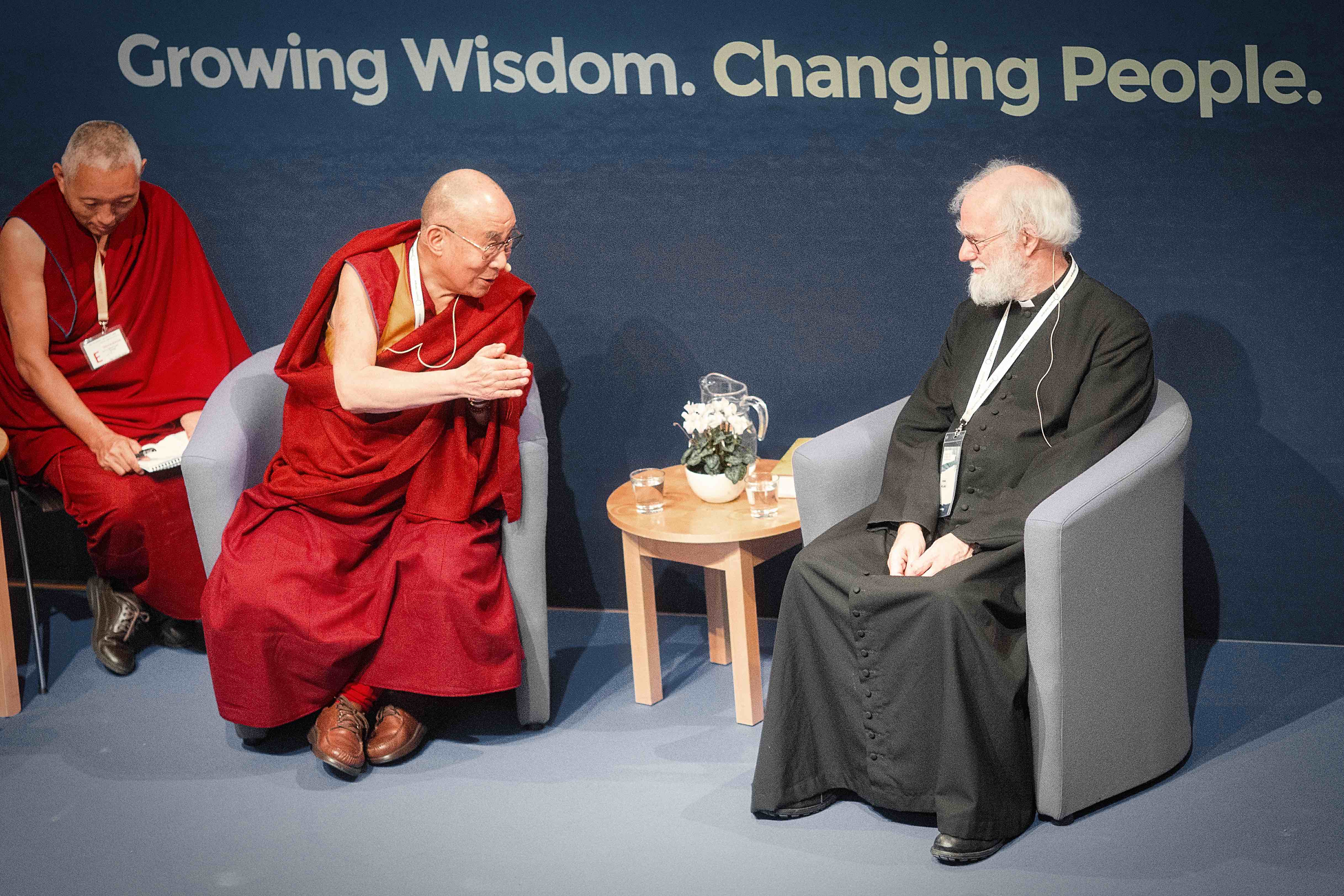
This year the dialogue was again convened by Rowan Williams, and as before, it had the explicit aim of bringing together people who would not normally talk to one another, intending to create an informal, open, non-hierarchical ‘flat world’ where everyone came as an equal. The invited guest list of 140 people included senior members of the armed forces and government; activists from international organisations such as Amnesty International and the UN High Commission for Refugees; academics working in universities; headmasters and school-teachers; environmentalists, scientists, people from the arts and business, as well as schoolchildren, students and former gang leaders from inner-city London. Many people brought personal experiences of what it is like to be an immigrant or an asylum seeker in a land with an alien culture.
Much of the day was devoted to conversations taking place within groups based on particular themes – education, technology, environment, freedom, health, conflict resolution, resources. As such, it is impossible to report the event in detail, as any one person could participate in only a tiny fraction of the whole. Here, we can present only a few short extracts from the presentations given at the plenary sessions – the first in the morning setting the scene, the second at the end of the day summarising the group discussions. What cannot be conveyed by these is the atmosphere, which was truly one of openness in which, for example, a young Sudanese woman from an outer-London suburb was given as much attention as a professor at the university. Nor can these excerpts encapsulate the wide range of ideas which were explored as this huge multicultural group worked together to face up to some of the most pressing issues of our day with compassion and goodwill. But they will perhaps give a taste of some issues that were raised.
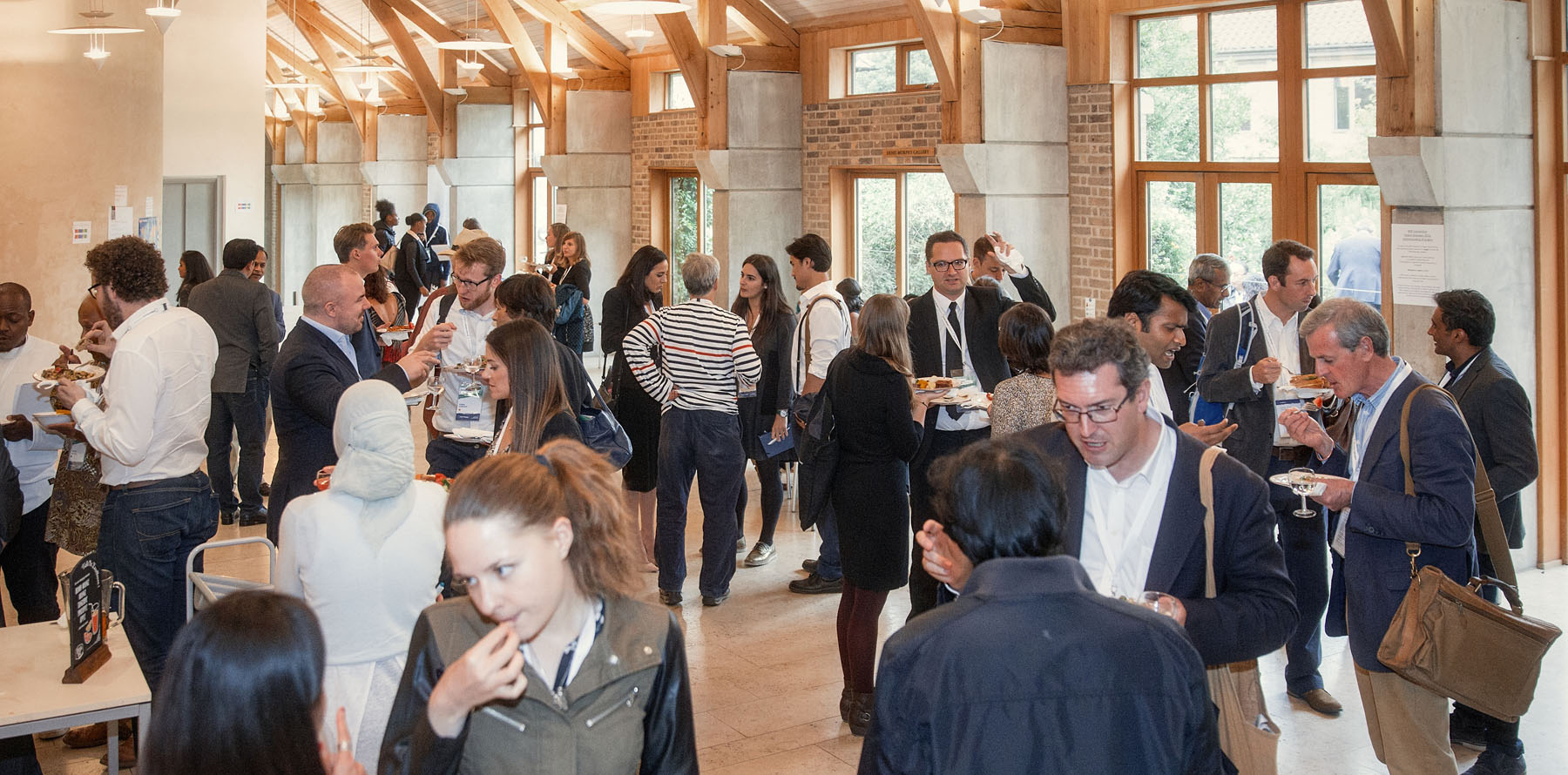
But first, I would like to make a couple of observations. Underlying all that went on was the question of dialogue, and why it is so important in the present day. In an excellent paper issued as part of the preparatory reading for the event, Robin Kirkpatrick, Emeritus Professor of Italian and English Literature at Cambridge, asked whether a comparison can be made between dialogue and the act of translating a literary text such as Dante’s Divine Comedy from Italian to English. He pointed out that when translating such texts, there is a clear need for a “careful response to the details of language”, because the complex array of meanings of a word in one culture may not allow for its simple transposition to another, even when exact equivalents seem to be available. The meaning of French word honnête, for example, is not the same in every respect as the English ‘honest’.
Without awareness of these issues, translation can lead to “dangerous, potentially tragic” misunderstandings. But with awareness, Professor Kirkpatrick argues, it can actually lead to a closer engagement between participants:
“In recognising the possibility of misunderstanding, or even of radical disagreement, a certain courtesy may reveal itself and be seen as the condition of all dialogue or indeed as a source of conversational pleasure…
One may be impelled to exercise in new ways the resources of one’s own native language. Thus the opportunity opens up for, precisely, an attentive engagement – which might indeed be described as a form of courtesy – where the original text, the translation and even the critical reader may come to be involved in a continuing discussion.”
Applying this to the action of intentional dialogue, he goes on to suggest that with this kind of understanding:
“… ‘difference’ and disagreement are to be seen not, in a negative aspect, as impediments but rather as the liberating conditions of our conversation. ‘Conversation’ here should not be taken to mean simply pastime. Rather, conversation might be understood in a strong sense as an existential ‘turning-towards’ the other in recognition of what it means to be human.
There are, to be sure, certain universals in our humanity; and it will always be important to reveal these and allow them to speak through all our utterances. But one of these universals must be that we cannot, individually or at one single point in time, encompass the Absolute – any more than, in translation, we can exhaust the possibilities of the original text…
Each of us lives and speaks to others in an apophatic atmosphere. And to acknowledge this is not to inhibit dialogue – or to prevent our turning, in conversation, each to each. We are in via (on a journey) and our traveller’s tales can be as much a source of delight – or inspiration – as of distress. Travelling on, one notes, and talks about, the colouration of leaves along the autumn roadside or the radiance of dust-clouds on the horizon illuminated by the setting sun.”
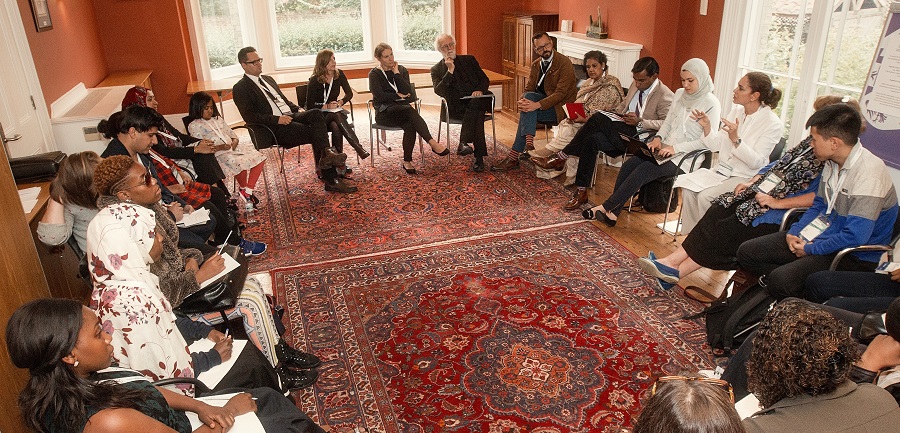
Thinking of dialogue in these terms makes it clear that the conditions for successful communication are very much as Rowan Williams outlined them in his invitation to the event:
“… to be ready to speak and listen, hopefully, patiently, thoughtfully, and to build relationships that have the potential to help us all grow in clarity.”
And it also tells us that talking to people, and engaging in conversation with the aim of understanding, in a precise and particular way, what they are trying to convey, is an essential activity in a world where globalisation is a fact of life, and in which we are seeing a perhaps unprecedented mixing of people from different cultures and races. Just how important this is has been underlined by the Benedictine priest Lawrence Freeman in his book Beauty’s Field, where he describes his visit to Sarajevo in 2007 in the wake of the Bosnian war. Struck by the remarkable level of interfaith activity he observed between the different communities, he asked a local Muslim leader about it. And he was told: “We know only too well what happens when dialogue stops.”
Please follow and like us:
The other major theme that emerged from this day was the need for education. The need to “get our facts straight” – whether this concerns the numbers of refugees coming to Europe, the impact of our consumer choices upon the environment or our pre-existing ideas about other races – came up over and over again. And it was clear that this is the sphere where practical measures can be – or are already being – taken. One very interesting project which was mentioned from the floor in the final plenary is the recent Monmondo project which offered to analyse people’s DNA to show them the geographical range of their ancestry – thus revealing in a very direct way the myth of national identity/racial purity and the reality of the ‘human family’ (“In a way, we are all kind of cousins”).
Another project is now being developed by the Inspire Dialogue Foundation itself. Called ‘Education for Human Solidarity’ (which will also be the title of next year’s dialogue), this initiative aims to establish a set of resources on human values for teachers, based on the latest educational research. This is the first of what one suspects will be many tangible fruits to emerge from these dialogues in the future. For, as David Bohm, one of the pioneers of the this kind of conversation, said:
“Free dialogue may well be one of the most effective ways of investigating the crisis which faces society, and indeed the whole of human nature and consciousness today. Moreover, it may turn out that such a form of free exchange of ideas and information is of fundamental relevance for transforming culture and freeing it of destructive misinformation, so that creativity can be liberated.”
Inspire Dialogue, formerly Dialogue at Cambridge University, was initiated, nurtured and inspired by the vision and good heart of Bill Papworth, May 1, 1934 – August 9, 2014.
Photos by Martin Bond Photographers
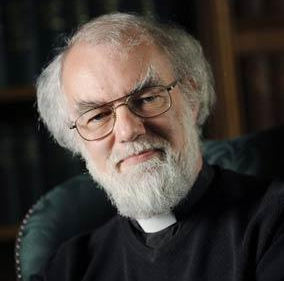
Inspire Dialogue Introductions: Lord Rowan Williams
Master of Magdalene College, Cambridge
“When we go out and encounter others, we are asking for something that is not already there to come alive in us.”
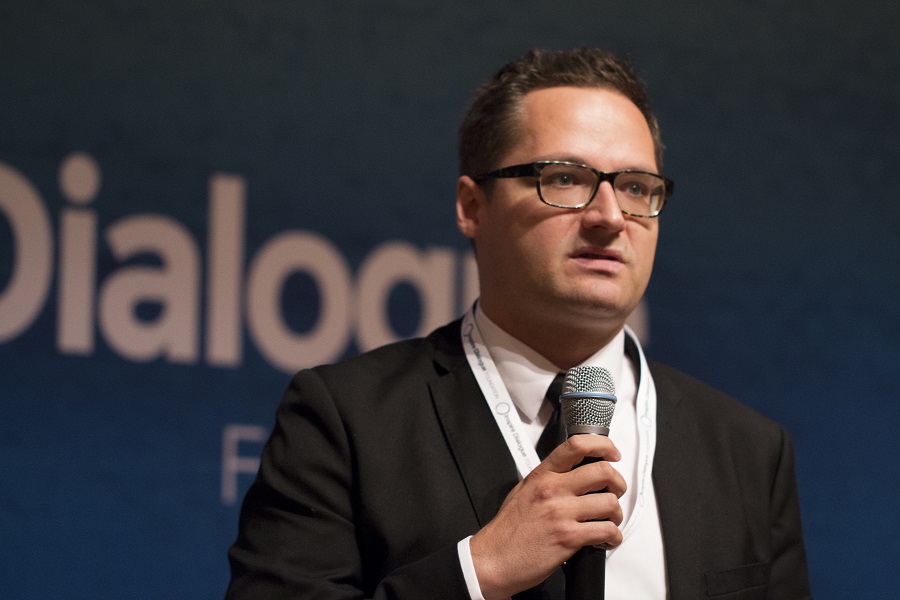
Inspire Dialogue Introductions: Frederick Smets
United Nations High Commission for Refugees (UNHCR)
“Most of these people do not need money, but they need somebody that they can have a conversation with.”
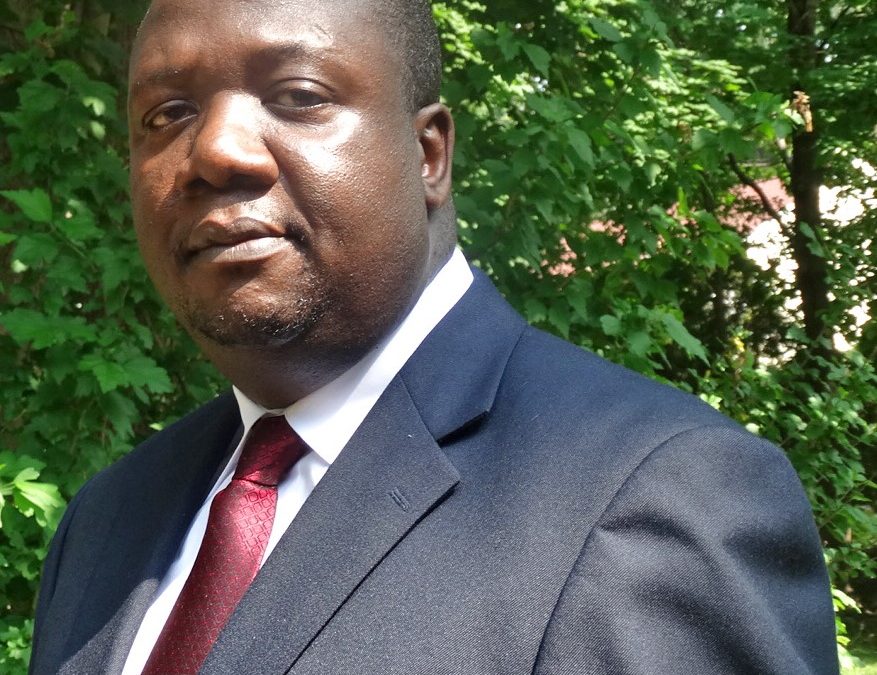
Inspire Dialogue Introductions: Tawanda Mutasah
Senior Director of Law and Policy for Amnesty International
“The stranger or ‘the other’ is a notion that we construct in our quest for a resource. In reality, there is no ‘other’…”

Inspire Dialogue Introductions: Baraa Halabieh
English-Arabic translator
“What makes humanity so beautiful is our multiculturalism… the variety in our colours, cultures and beliefs is what makes us all unique.”
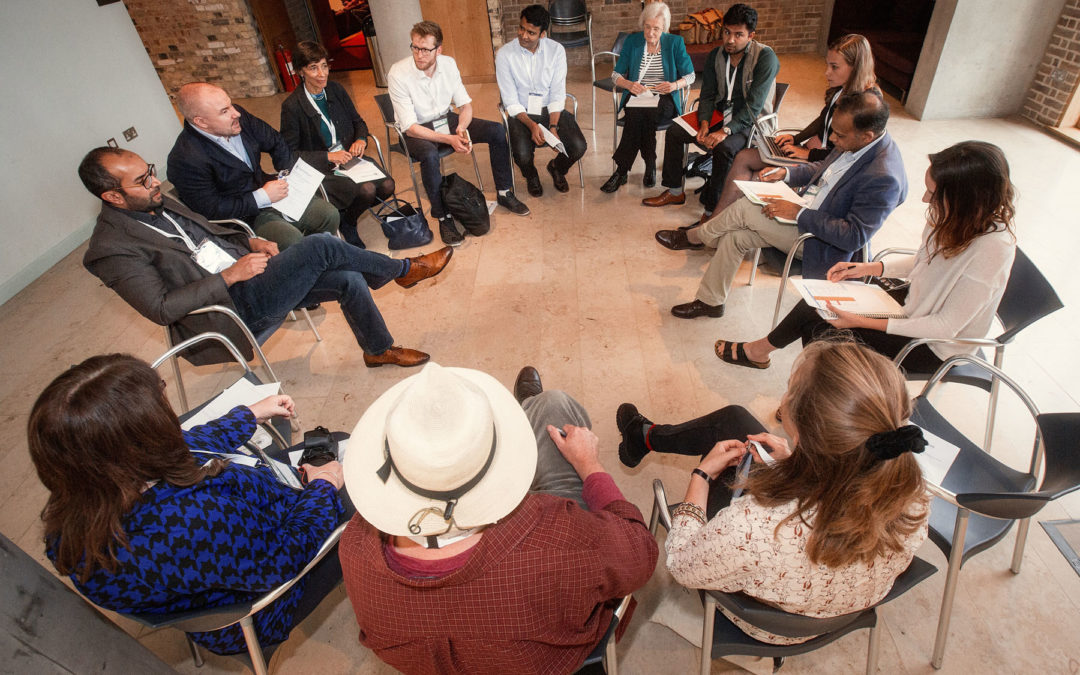
Inspire Dialogue Summaries: The Environment
Bhaskar Vira
“How do we have a dialogue with someone who is fifty years away from inhabiting this earth? This leads to considerations of inter-generational responsibility.”
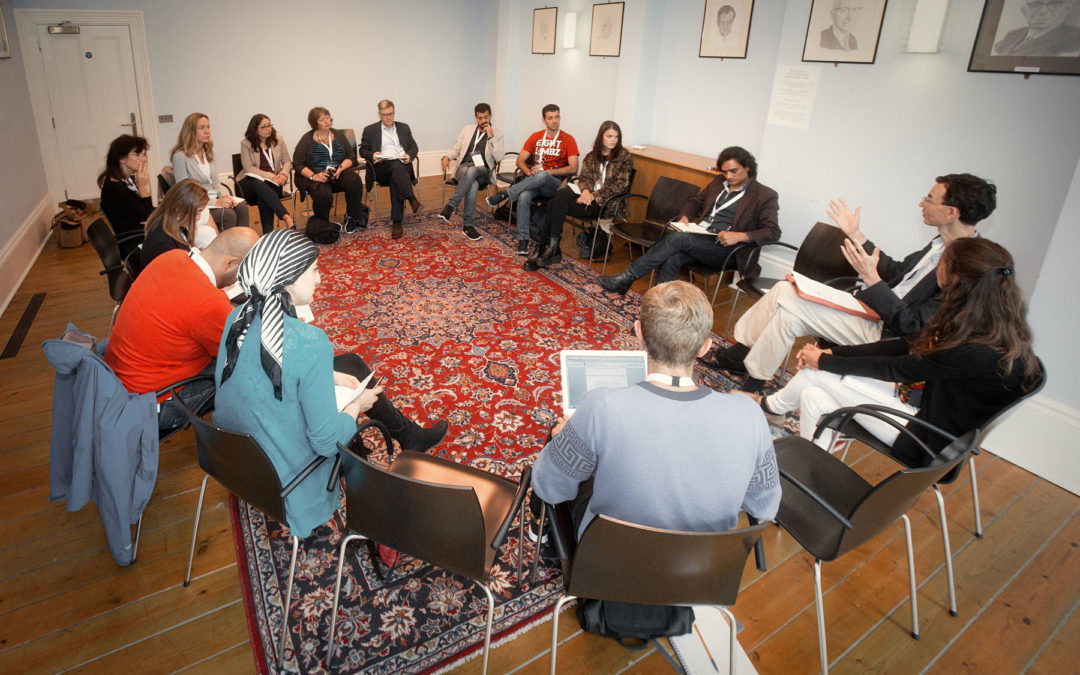
Inspire Dialogue Summaries: Conflict Resolution
Brendan Simms and Alison Liebling
“We were criticised and ridiculed by other professional groups for coming into a maximum security prison with the word ‘trust’ in mind.”
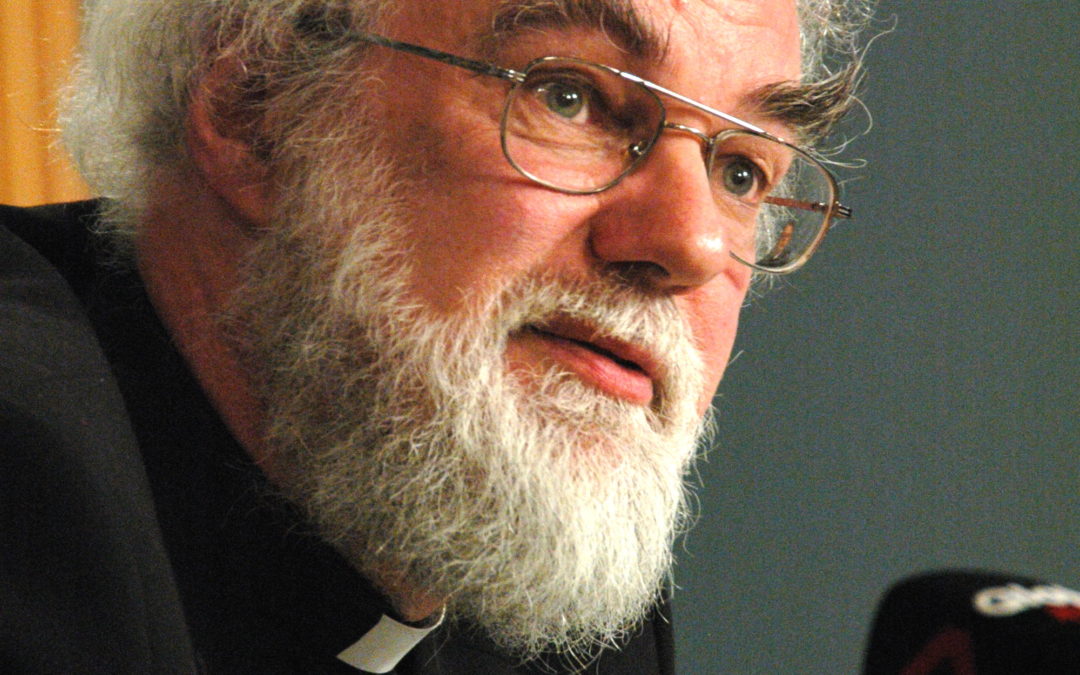
Inspire Dialogue: Final Summary
Lord Rowan Williams
“To be able to imagine that things don’t have to be as they are is perhaps one of the most important things that human beings ever do.”
Sources mentioned in the article:
Lawence Freeman, Beauty’s Field; Finding God in Unexpected Places (Canterbury Press, Norwich, p.52)
For David Bohm and colleagues on Dialogue see: http://www.ratical.org/many_worlds/K/dialogueProposal.html
MORE IN BESHARA MAGAZINE:
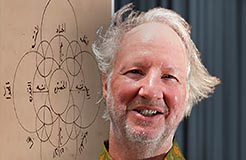
Bringing Light to the World: the Vision of Ibn ‘Arabi
Dr Eric Winkel talks with Jane Clark and Richard Gault about what the wisdom of the great philosopher/mystic can offer us in these troubled time
‘At some point we have to get out of the head and out of the intellect and ask: Can we look with our hearts?’

Personal Integrity in the Poetry of C.P. Cavafy
Andrew Watson pays homage to Greece’s most famous modern poet, whose message of quiet fidelity to our own values still has great resonance today
‘What matters is the spirit in which the journey is undertaken: the desire to observe, to learn, to seek beauty, to take time…’
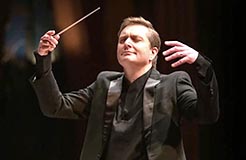
The Art of Conducting
British conductor James Lowe talks about the nature of music and the influence of the Tao Te Ching on his work
‘Great art and music dissolves barriers, allowing us to touch on something transpersonal, something above ourselves.’

AI and Spiritual Intelligence
Mark Vernon dives into the debate surrounding digital technology
‘Where AI processes what is concrete and known, spiritual intelligence is alert to the ineffable, the paradoxical, the mythological.’
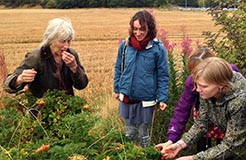
Eating the Wild
Charlotte Maberly investigates the benefits of foraging, and talks to Scottish food writer and historian Fi Martynoga
‘Eating nature may be the best and most accessible method we have of creating bonds with it.’

The Cosmos in Stone: the Ascent of the Soul
Artist–Geometer Tom Bree explores the symbolism embodied in the design of the Dome of the Rock in Jerusalem and Wells Cathedral in Southern England
‘The heavenly bodies present the soul with an image of its own inner workings. To look out into the universe becomes analogous to looking inwards.’
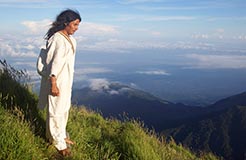
Bringing the Land Back to Life
Alan Ereira talks about the wisdom of the Kogi Indians and an important new UNESCO project in the Sierra Nevada de Santa Marta in Colombia
‘There is one system; we are part of it and the world is part of us. If you separate us from the world or the world from us, neither can survive.’

The Grandeur of the Night Sky
Hannah Dalgleish invites us to rekindle our ancient relationship with the night at a time when light pollution is becoming a global disruption
‘The night has always held a special place in human spirituality, associated with the mystery of the unknown and the search for self-knowledge.’

An Integral Approach to Dementia
Gerontologist Bettina Wichers talks about her holistic understanding of this widespread disease of old age
‘Even though the mind dissolves itself, it is still in consciousness, because this existence is always in consciousness…’
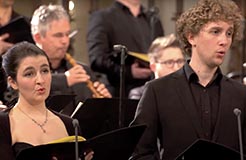
A Thing of Beauty…
Robin Thomson appreciates the music of Bach and an inspiring new performance of his St John Passion
“One of the stated aims of the Netherlands Bach Society is ‘to breathe new life into tradition’… The richness of Bach’s works is being opened up to the entire world, for anyone who wants to listen.”
